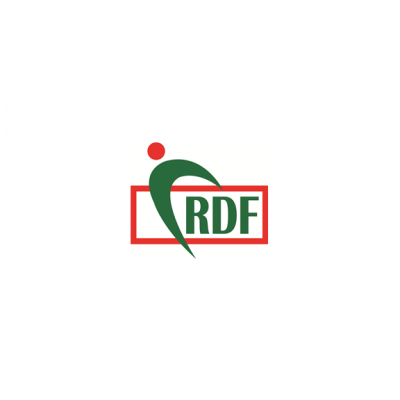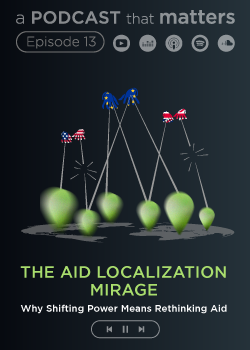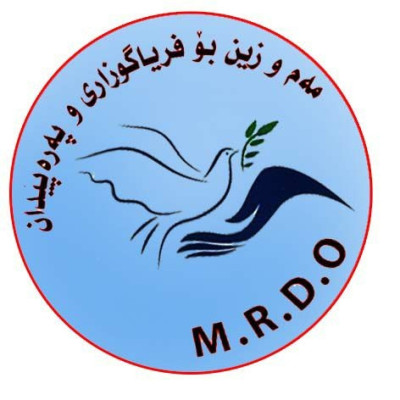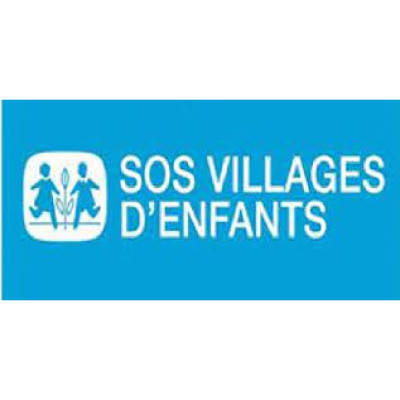Print

Resource Development Foundation-RDF
General
Jobs • 33
Shortlists/Awards • 0
Pricing strategy • 0
Partners/Competitors • 0
General
Jobs
Shortlists/Awards
Pricing strategy
Partners/Competitors
Details
Legal residence:Bangladesh
Organization type:NGO
Funding agencies: Danish International Development Agency (Ministry of Foreign Affairs of Denmark), Reconstruction Credit Institute /Kreditanstalt fur Wiederaufbau (HQ), United States Agency for International Development (USA - HQ), World Bank HQ, Deutsche Gesellschaft fur Internationale Zusammenarbeit (HQ)
Sectors: Agriculture, Disaster Reduction, Education, Energy, Food Security, Gender, Health, Human Resources, Humanitarian Aid & Emergency, Micro-finance, Pollution & Waste Management (incl. treatment), Poverty Reduction, Training, Water & Sanitation, Youth
Nr. of employees:201-500
Status:
Active
About
Resource Development Foundation (RDF) is a Non-Government Development Organisation established in 1993, registered with the Department of Social Welfare, NGO Affairs Bureau, Department of Women Affairs and Micro-credit Regulatory Authority (MRA) of the Government Peoples Republic of Bangladesh.
Vision: Resource Development Foundation (RDF) envisions a socio-economically just and equitable society that capitalises on the potential of women and children and promotes intersectional inclusiveness. Mission: To bring positive changes and ensure human rights for the poor and disadvantaged people, especially women and children, in education, technical skills, health, economic, and resilience to climate change, with actions and socio-cultural environment in rural and urban areas.
Organization Description: (RDF) is a multi-sectoral development organisation operating across 48 districts in Bangladesh, with a mandate to empower marginalised communities through integrated, rights-based interventions. Combining grassroots expertise with strategic partnerships, RDF addresses systemic inequalities by focusing on six core thematic areas. Renowned for its inclusive, gender-transformative approach, RDF prioritises vulnerable populations, particularly women, girls, children, persons with disabilities, and climate-affected communities, to improve equitable, sustainable development aligned with national priorities and the SDGs.
Core Expertise & Programmatic Focus:
i. Food Security & Economic Empowerment: RDF enhances livelihoods through climate-smart agriculture, vocational training, and microfinance, targeting women-led households. Initiatives include employment and entrepreneurship to start income generation. By linking farmers to markets, RDF bridges economic gaps.
ii. Climate Resilience & Disaster Risk Reduction: Aligned with Bangladesh’s Climate Change Strategy (BCCSAP), RDF pioneers’ community-led adaptation strategies, such as solar energy solutions, climate-smart agriculture, and disaster preparedness. Programs emphasize women lead decision-making in climate action.
iii. Emergency Response: As a frontline responder in coastal regions, RDF delivers rapid, inclusive relief during crises, prioritizing women, children, and persons with disabilities. Partnerships with organizations like Plan International amplify resource mobilization and technical capacity, enabling swift recovery and resilience.
iv. Child Rights, Education & Health: RDF combats child marriage through education access, nutrition support, and adolescent health programs. Its Life Skills and Technical Skills Development initiative equips girls with vocational training and leadership tools, while engaging boys and men to challenge harmful gender norms.
v. WASH: RDF constructs sustainable water systems and sanitation facilities in rural and urban slums, paired with hygiene education to reduce disease prevalence. Gender-sensitive designs ensure dignity and safety for women.
vi. Cross-cutting Initiatives: RDF’s programs are unified by three pillars: gender transformation, disability inclusion, and locally-led development. These principles are embedded in all activities, from participatory planning to monitoring, ensuring marginalized voices shape outcomes.
Gender Transformation - A Holistic Framework: RDF’s gender integration spans i transformative elements:
i. Gender Norms: Disrupts patriarchal practices (e.g., child marriage, GBV) through community dialogues, media campaigns, and school curricula promoting gender equality. ii. Agency: Builds women’s decision-making power via economic autonomy (microenterprises, leadership roles in farmer groups) and political participation (advocacy platforms). iii. Working with Boys & Men: Engages males as allies through workshops on positive masculinity, fatherhood, and shared household responsibilities, reducing resistance to girls’ education and women’s employment. iv. Conditions & Position: Addresses structural barriers by ensuring girls’ access to education, healthcare, and land rights, while elevating women’s roles in climate committees and local governance. v. Diversity: Tailors programs for intersectional inclusion—e.g., disability-friendly WASH infrastructure, tailored loans for transgender entrepreneurs, and culturally sensitive SRHR education for ethnic minorities. vi. Enabling Environment: Strengthens systems via policy advocacy (e.g., anti-child marriage laws), partnerships with local governments, and capacity-building for community leaders to sustain gender equity.
Membership & Strategic Alliances: i. Credit and Development Forum-CDF, ii. Federation of NGOs in Bangladesh, iii. District Child Welfare Board and iv. District Disaster Management Committee.
Impact & Vision: By intertwining gender transformation with climate action, economic justice, and community ownership, RDF strengthen resilient, self-reliant societies. Its locally rooted, globally informed strategies exemplify a commitment to leaving no one behind, turning vulnerabilities into opportunities for collective growth.
Top partners

Top competitors


Similar Companies
By Sectors and Organization Types
Country:
Iraq
Awards:
0
Jobs:
0
Country:
Bangladesh
Awards:
0
Jobs:
0
Country:
Nigeria
Awards:
0
Jobs:
0
Country:
Dem. Rep. Congo
Awards:
0
Jobs:
0




